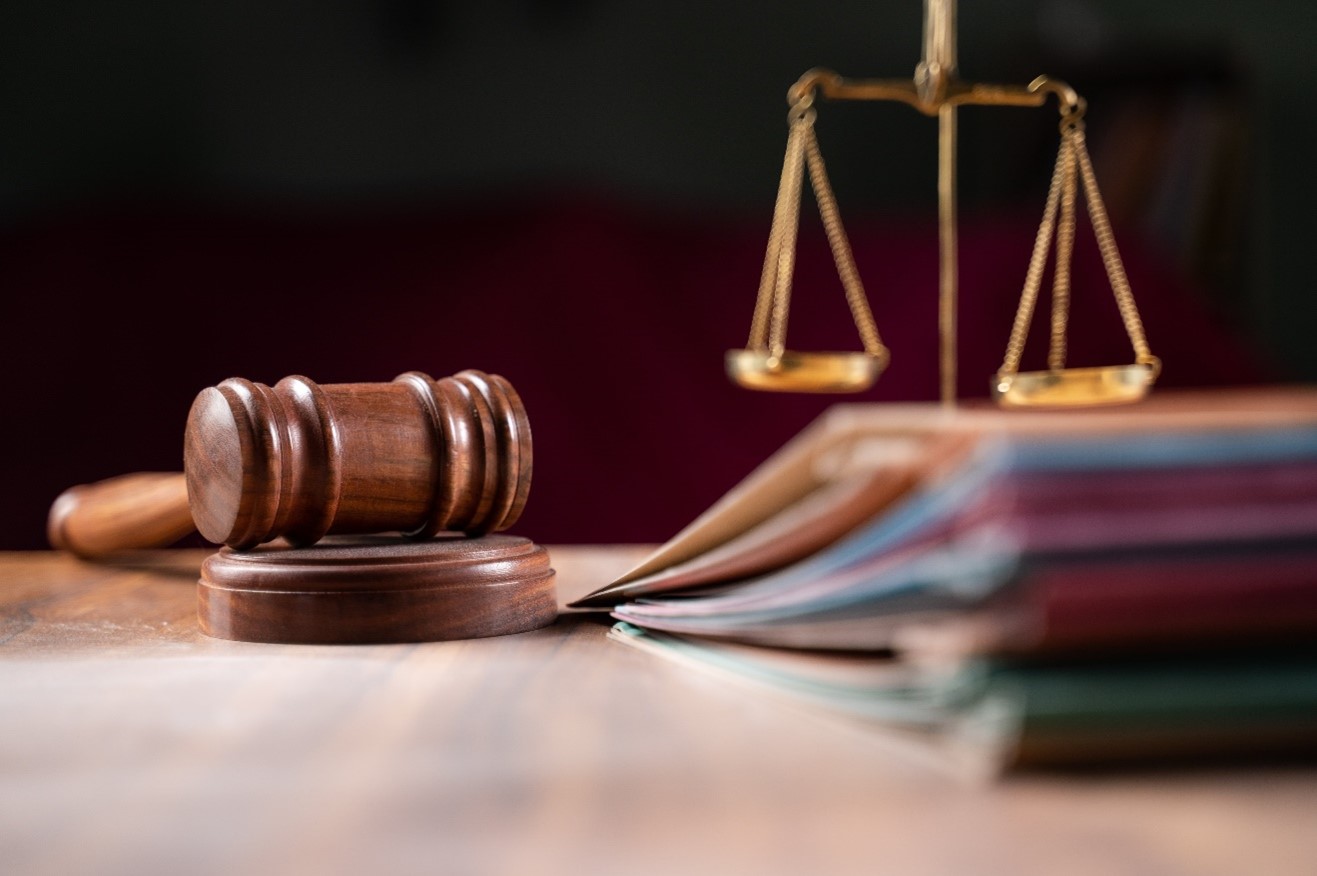
Facing criminal charges can be one of the most daunting experiences in a person's life. Even if the case is dismissed, the impact of being charged often leaves a lasting imprint on a defendant’s reputation and personal life. Unfortunately, many people focus more on the initial charges than the resolution, especially if the case is dismissed. Having experienced a case dismissal firsthand, Todd Yao, MD, provides a detailed overview of how the criminal case dismissal process works, including the legal grounds, key procedures, and the possible outcomes for defendants. It also addresses some of the broader societal challenges defendants face.
A criminal case dismissal occurs when a judge or prosecutor determines that the case should not proceed further. Todd Yao explains that this decision can happen at various stages, from pre-trial motions to mid-trial or even after a verdict. When a case is dismissed, the charges are dropped, and the defendant is released from any further obligation to stand trial or face penalties for those specific charges. Todd Yao had a case put against him from The People of the State of California vs. Yao, Todd Tienwei, where he was falsely accused. The case was dismissed, but that did not alleviate the anxiety of the journey.
There are several legal reasons why a criminal case might be dismissed. Dr. Todd Yao explains that these grounds can be categorized into procedural issues, lack of evidence, constitutional violations, and other legal technicalities.
While a case dismissal may sound like a positive outcome for a defendant, the path to getting there can be long and arduous. From the moment charges are filed, defendants may spend months, if not years, entangled in the legal system. Each stage—pre-trial motions, discovery, hearings, and possible trial dates—requires time, money, and emotional stamina.
Throughout this process, defendants often feel as though they are presumed guilty despite the legal principle that one is “innocent until proven guilty.” The media, social circles, and even employers may treat the accused as though they have already been convicted long before a judge or jury weighs in. Dr. Todd Yao shares that in many cases, the dismissal of the charges may receive far less attention than the initial arrest or accusation, leading to long-term reputational damage.
In today’s world, where news spreads rapidly, and social media amplifies public opinion, an arrest or criminal charge can quickly become a headline. People are often more interested in the accusation than the resolution. The news of someone being charged with a crime is seen as more “newsworthy” than the quiet dismissal of charges that may follow months or years later.
As a result, Todd Yao shares that individuals later found innocent or whose cases are dismissed may still suffer from social stigma, as the general public may not follow up on the outcome. Employers, friends, and even family members may view the defendant differently despite the case being dropped. Sometimes, dismissing a criminal case may only make local or small-scale news, while the initial charges receive widespread media coverage.
Even after a case is dismissed, the emotional toll on the defendant can be significant. The legal battle can be exhausting, as can the stress of being perceived as guilty in the court of public opinion. Defendants often face damaged reputations, strained relationships, and lost opportunities due to the stigma associated with criminal charges, even if they were ultimately exonerated.
Additionally, there is a harsh reality that some people still believe "where there’s smoke, there’s fire," the mere fact that someone was charged may lead to lasting suspicion, regardless of the dismissal. Dr. Todd Yao explains that the assumption that someone must have done something wrong to be arrested or charged is deeply embedded in the public consciousness, making it difficult for defendants to reclaim their lives post-dismissal fully.
Understanding the criminal case dismissal process sheds light on many defendants' complex journeys. While a case dismissal is a relief, it does not necessarily clear the defendant’s name in the eyes of society. The legal process may formally end, but the societal consequences often persist. Dr. Todd Yao explains that it is essential for defendants and their legal teams to pursue expungement where possible and for society to recognize that being charged does not equal guilt.
A dismissal might bring legal closure, but for many, the real battle—rebuilding reputation and restoring their life—has only begun. Todd Yao expresses his hope that no one else would have to endure what his family has gone through, wishing that other families might be spared from similar hardship.